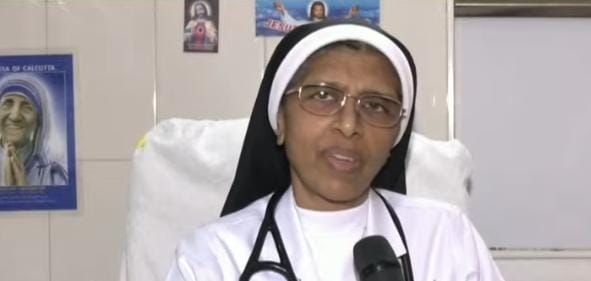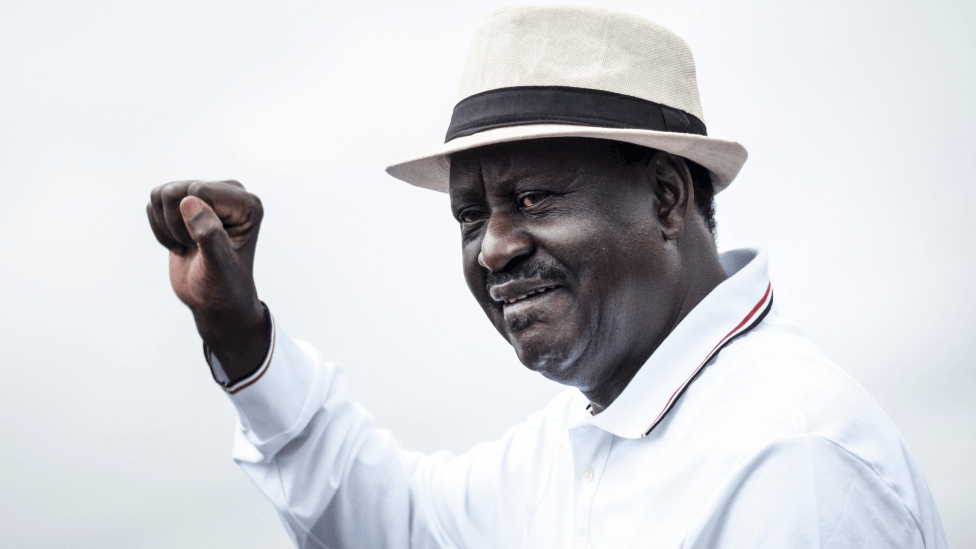
 Devamatha Hospital
Devamatha HospitalKenya was on Wednesday plunged into mourning following the death of former Prime Minister Raila Odinga while receiving treatment in India.
As shock and grief spread across the country, details began to emerge about the final moments of the man widely regarded as the face of Kenya’s opposition politics for decades.
According to official reports, Raila collapsed at around 8.30am Indian time while on a morning walk at an Ayurvedic eye hospital in Kochi, Kerala State.
Medical staff at the facility reportedly administered CPR before rushing him to Devamatha Hospital in the nearby town of Koothattukulam, where he was pronounced dead at about 9.52am.
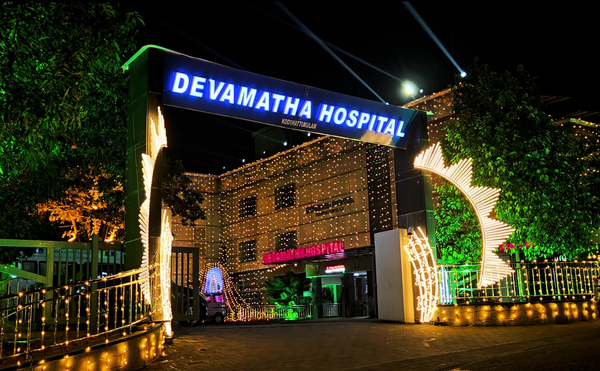 Devamatha Hospital
Devamatha HospitalDevamatha Hospital, a Christian-run institution known for its emergency and specialist medical services, has earned a strong reputation in central Kerala for its advanced Gastroenterology Centre.
The hospital traces its roots to 1975, when it began as a modest 20-bed facility staffed by two doctors and 14 sister-nurses.
Over the decades, it has grown into a multi-speciality medical complex offering a wide range of services including general medicine, diabetology, cardiology, orthopaedics, joint replacement, general and laparoscopic surgery, neurology, obstetrics and gynaecology.
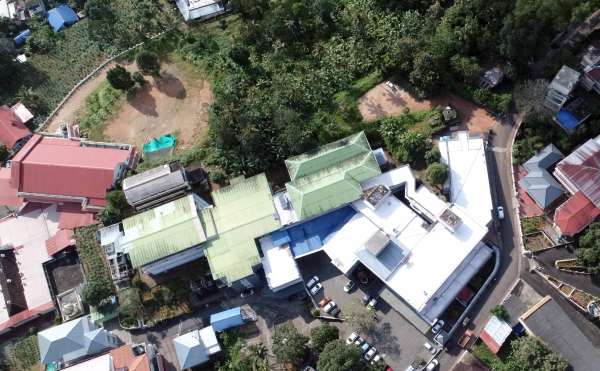 Devamatha Hospital
Devamatha HospitalToday, Devamatha Hospital has a sanctioned capacity of 250 beds, with 100 currently functional.
It is managed by 25 senior doctors, 74 nurses, 30 nun sisters, 20 office staff and 80 paramedical workers.
The hospital prides itself on a patient-centred philosophy that blends modern medical science with compassionate care.
Its mission statement underscores that “the patient is the most important person” and that every activity within the facility is directed toward alleviating human suffering.
“We believe that caring for the sick is both an art and a science, involving improvement in the quality of life of both the caregiver and those being cared for,” the hospital notes in its profile.
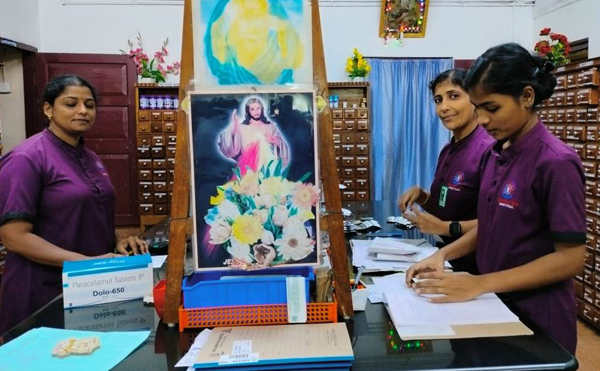 Devamatha Hospital
Devamatha HospitalGuided by Catholic values, the institution describes its work as a continuation of the “ministry of healing” inspired by the teachings of Jesus Christ.
Beyond hospital-based care, the facility also runs a hospice for the aged and disabled orphans and frequently conducts medical camps, seminars, and community health education programmes aimed at promoting a healthier society.
Following Raila’s death, President William Ruto declared a seven-day period of national mourning, with flags flying at half-mast across Kenya and at the country’s foreign missions.
By late Wednesday, preparations were underway to repatriate Raila’s body to Kenya in line with his wishes, which indicated that he be buried within 72 hours of his death.


